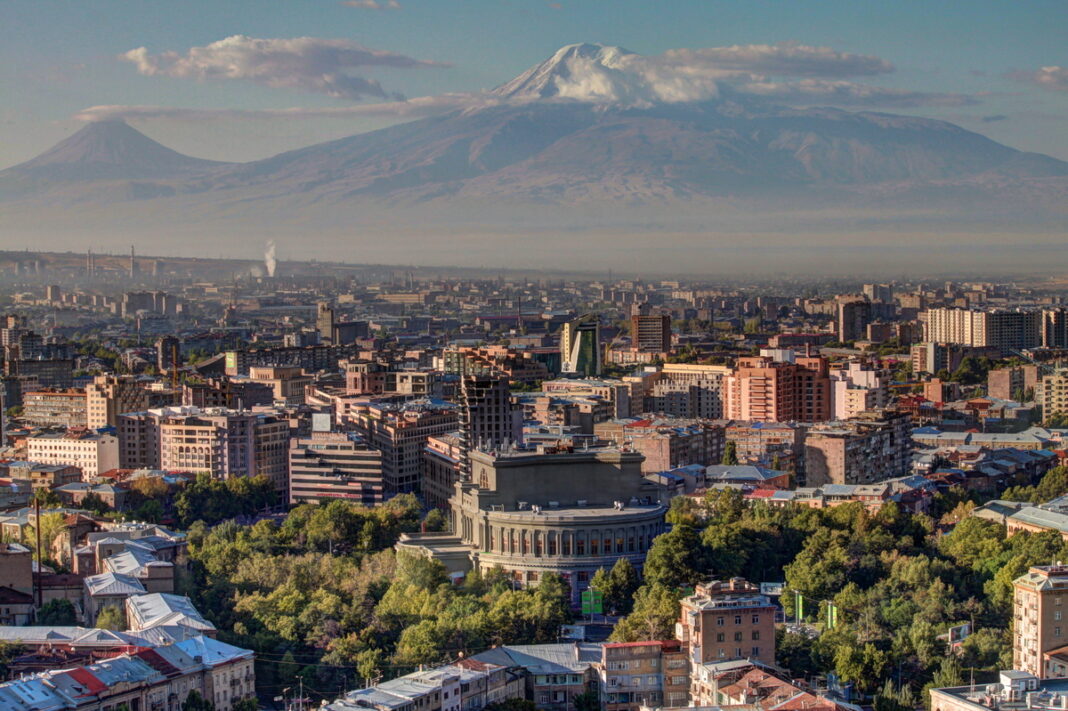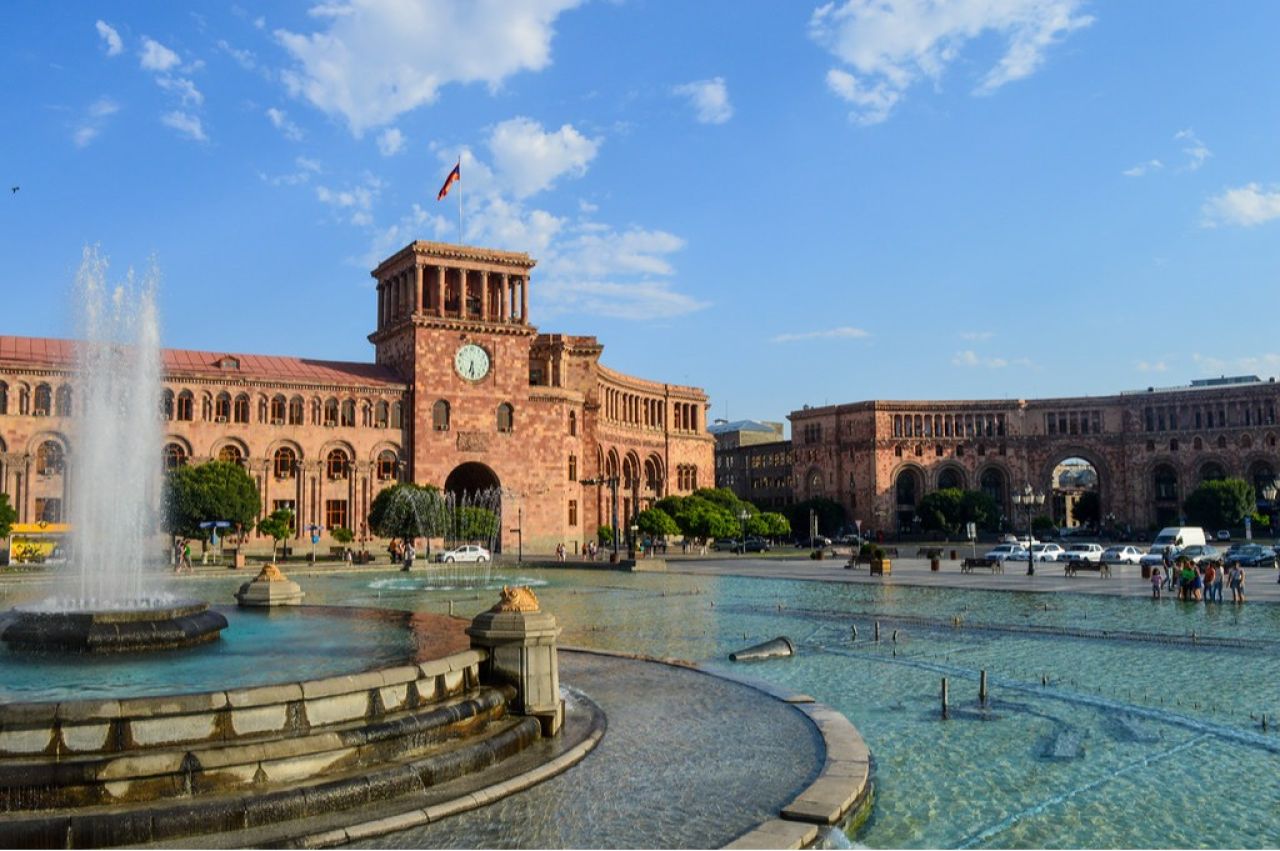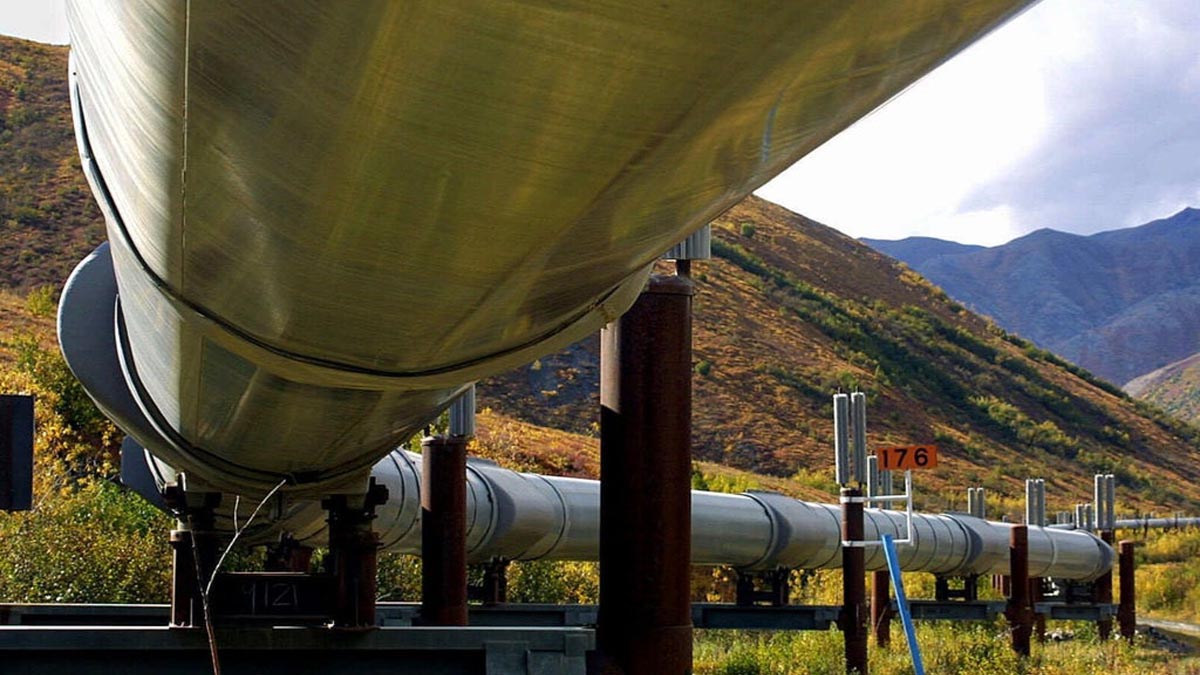Armenia’s 2025 budget: PM emphasizes citizen responsibility amid push for security, growth
Armenia drafts budget to boost security
The Armenian Parliament spent three full days discussing the 2025 state budget draft. In the morning, Prime Minister Nikol Pashinyan also addressed the National Assembly, summarizing the government’s approach to key expenditure areas and possible revenues for the coming year. He stated that the main asset of the state is the citizen who works, creates, and pays taxes.
“If we want a strong state, we as a people and as citizens must earn as much money as possible, generate high income, and enrich our common family budget, our state budget through taxes,” he emphasized.
After the Prime Minister’s concluding speech, a vote was expected. However, Deputy Speaker Ruben Rubinyan announced a “pause in the discussion of the draft for at least four days,” also stating that independent deputies and factions could submit new proposals within the next 24 hours.
What indicators and priorities are laid out in the 2025 state budget draft, and in which areas does the government intend to increase spending?
- Armenia’s exports to UAE increased, to Russia decreased: reasons explained
- Inflation in Armenia: unpacking the surge in food costs
- Fewer tourists in Armenia despite gov’t investments in tourism sector
Government priorities: achieving economic growth, enhancing national security
The government’s priorities are to achieve economic growth and increase national security. According to government forecasts, the country’s economic growth next year is expected to be 5.6%.
Finance Minister Vahagn Oganesyan, speaking at the National Assembly, said that Armenia’s economy has shown high resilience in recent years, creating a favorable environment “for further economic expansion.” He emphasized that the government’s main priority is to ensure economic stability and enhance the country’s security. The minister explained that recent global developments necessitate economic diversification and the strengthening of security systems.
“Economic growth and a sense of security should reverse the tide of emigration. Our compatriots need confidence that the homeland is the best place to realize their creative ideas and enjoy the results of their work,” he said.
Projected indicators and costs for 2025
The budget discussions for next year began in late October at parliamentary committee meetings. The Finance Minister explained the details of the draft to MPs during these sessions.
Expected figures for 2025 include:
- By the end of 2025, national debt is projected to reach 5.914 trillion drams ($15 billion), up from the current 5.037 trillion drams ($13 billion);
- The budget deficit is expected to be 5.5%, with a medium-term target of 3%;
- Capital expenditures will be around 733 billion drams (almost $2 billion), exceeding 2024 budget spending by more than 5.4%;
- Approximately 56% of capital expenditures will go toward defense, a 20% increase over the 2024 budget;
- Government administration expenses will decrease by 4%.
“Economy has changed, but goal remains unchanged”
During preliminary budget discussions, the Finance Minister emphasized significant changes in Armenia’s economy:
“Based on our assessment and the views of many international partners, Armenia’s GDP growth potential has increased on average from 4.5 to 5.5%.”
Vahagn Oganesyan announced that economic growth is expected to be 5.6% in 2025 and around 5.5% in 2026–2027.
“Our goal remains unchanged. We aim to achieve 7% economic growth by 2025. This requires additional efforts, specifically accelerating reforms, meeting budgetary capital spending targets, actively diversifying external markets, and attracting investments,” he explained.
“Reaching new level of development”
In his speech, the Finance Minister noted that Armenia’s economy is leveraging its existing potential and moving to a new development level, creating a solid foundation for the country’s sustainable progress.
He added that, despite challenges in recent years, the economy’s resilience has increased:
“Alongside external factors, targeted government efforts have contributed to this, including consistent increases in state investments in infrastructure, enhanced market competitiveness, and an improved business environment.”
“Government to spend taxes wisely”
The minister assured that the government prioritizes spending efficiency and will continue efforts to reduce the shadow economy. Additionally, taxes collected will be spent carefully and thoughtfully:
“The fact that the government is reducing public administration expenses by 4% in 2025 already shows we are not afraid to step out of our comfort zone. Above all, we aim to increase efficiency and productivity.”
According to the Finance Minister, the 2025 goal is to “consolidate efforts and achieve significant progress in implementing the government’s program.”
He assured that resources would be maximized and funding directed towards programs “ensuring Armenia’s security, a high standard of living for citizens, and expanding the economy’s potential” in the long term.
Armenia drafts budget to boost security





















